Breaking: Wisconsin Supreme Court Rejects Trump's Election Challenge
By Will Kenneally, Zac Schultz
December 14, 2020
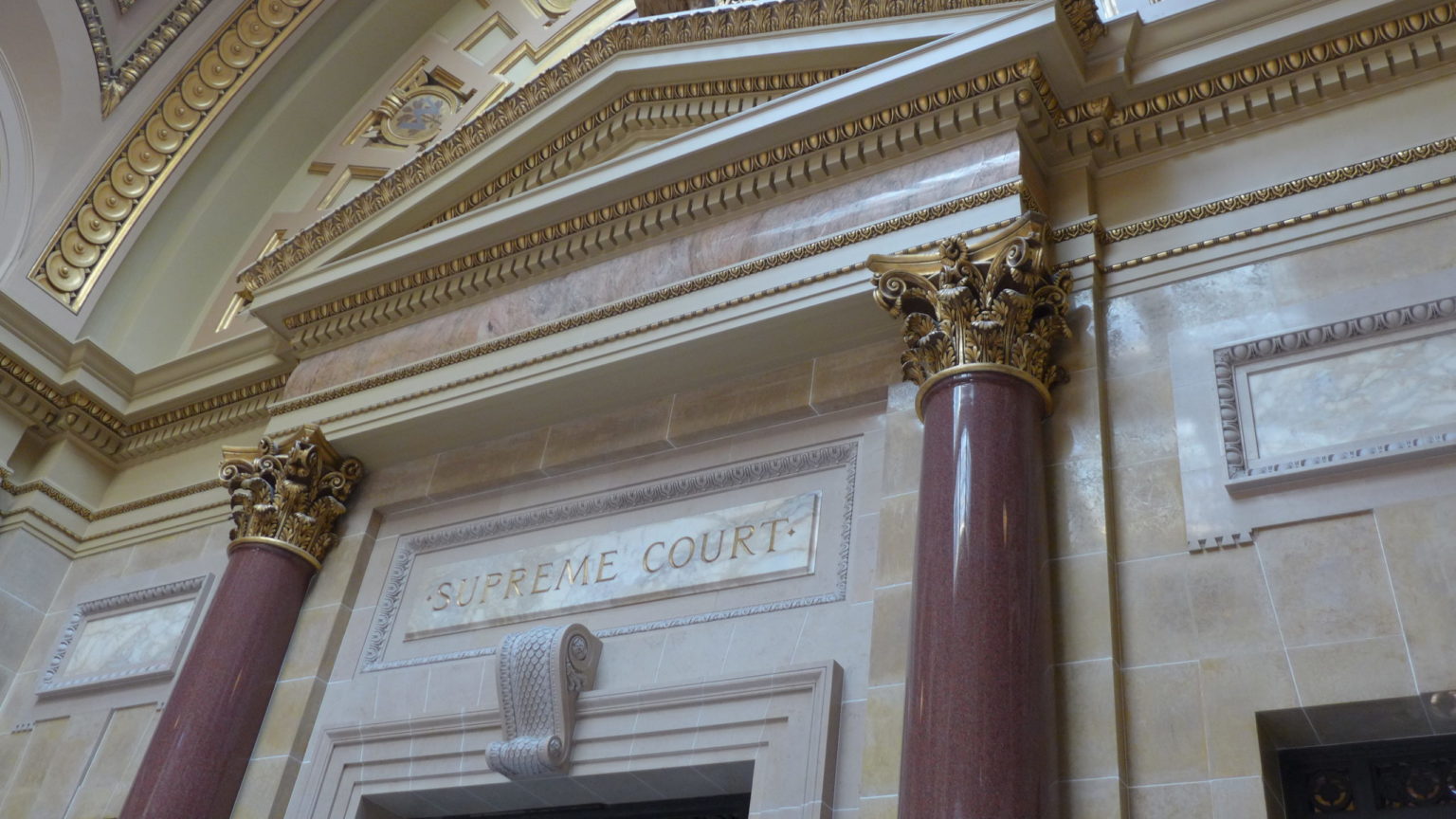
Wisconsin Supreme Court. (Courtesy: Shamane Mills / WPR)
The Wisconsin Supreme Court rejected a Trump campaign challenge to the state election results in a 4-3 decision less than an hour before the state cast its votes in the Electoral College.
The decision was written by conservative Justice Brian Hagedorn, who joined the court’s liberals in rejecting the challenge.
“The Campaign waited until after the election to raise selective challenges that could have been raised long before the election,” Hagedorn wrote.
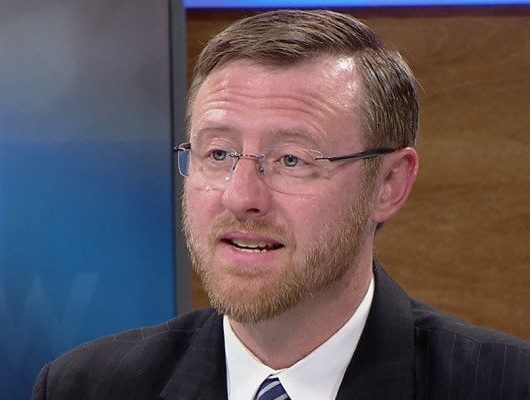
Justice Brian Hagedorn, the court’s swing conservative justice, wrote the majority opinion in the 4-3 ruling.
“The Campaign is not entitled to relief, and therefore does not succeed in its effort to strike votes and alter the certified winner of the 2020 presidential election,” he added.
The court also directly addressed the campaign’s challenge of indefinitely confined voters, rejecting the Trump campaign’s claims outright.
“The Campaign’s request to strike indefinitely confined voters in Dane and Milwaukee Counties as a class without regard to whether any individual voter was in fact indefinitely confined has no basis in reason or law; it is wholly without merit,” Hagedorn wrote.
The decision comes after the court heard oral arguments during an unprecedented Saturday session, during which the court’s liberal justices were highly critical of the Trump campaign’s suit.
“You want us to overturn this election so that your king can stay in power, and that is so un-American,” Justice Jill Karofsky said to the Trump campaign’s lawyer during arguments.
“In each category of ballots challenged [by the Trump campaign], voters followed every procedure and policy communicated to them,” Hagedorn wrote. “Striking these votes now…would be an extraordinary step for this court to take. We will not do so.”
Justices Make Separate Cases in Concurring and Dissenting Opinions
Hagedorn did address the merits of Trump’s other claims in a separate concurring opinion. That opinion was only joined by Justice Ann Walsh Bradley, but it does not carry the same power of law that it would if it was part of the majority opinion.
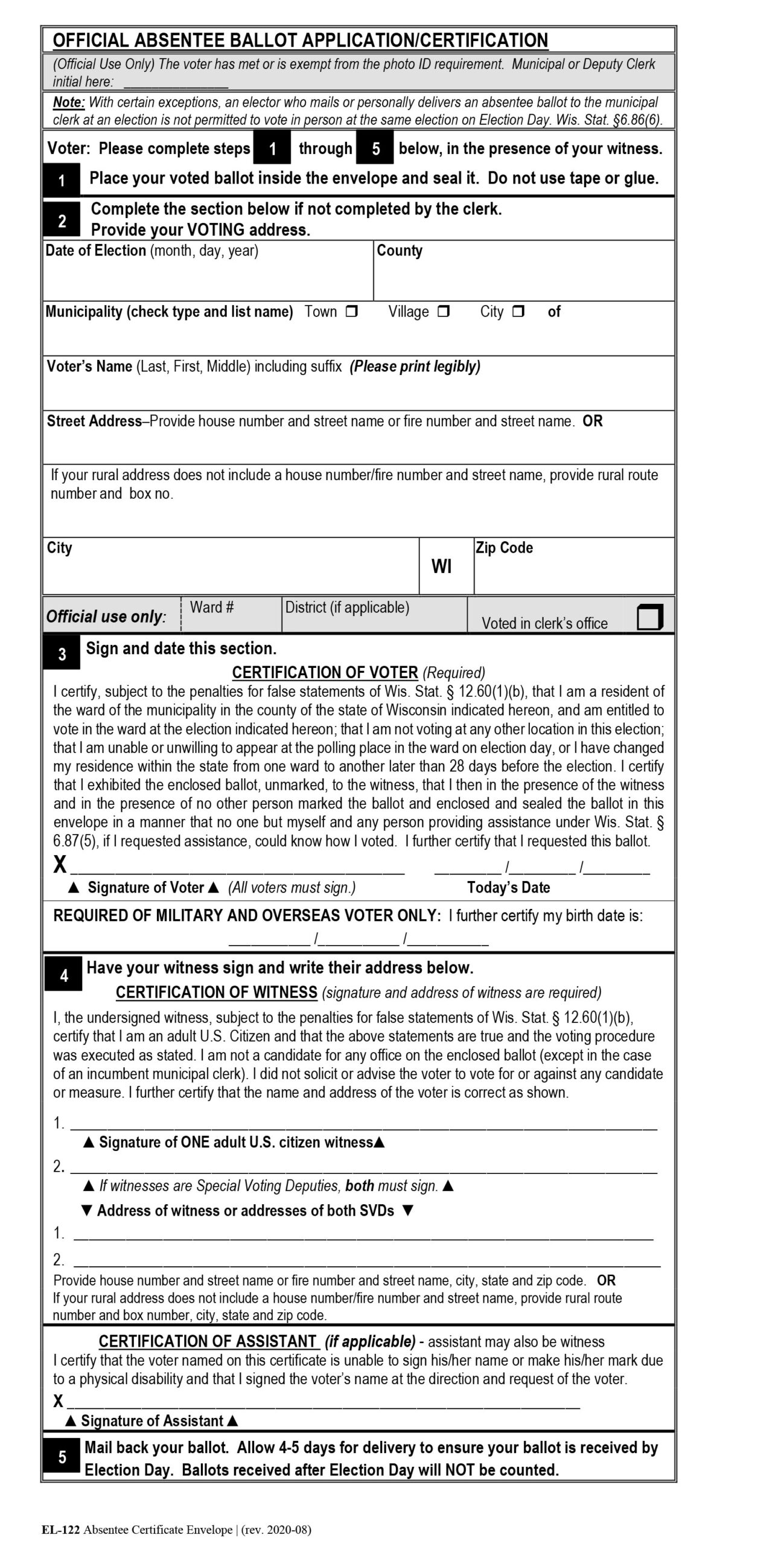
The Wisconsin EL-122 form, found on the return envelope for absentee ballots.
In that concurrence, Hagedorn said the Wisconsin Elections Commission’s guidance for the in-person absentee ballot application was legal. Trump’s campaign argued that because the form did not include a separate document requesting the ballot, the ballot was illegal.
Hagedorn wrote, “on the merits and the record before us, in-person absentee voters using form EL-122 in Dane and Milwaukee Counties did so in compliance with Wisconsin law.”
Regarding clerks filling in some absentee ballot witness address information, Hagedorn said the clerks did not violate the law, but the law is also unclear.
“Although I do not believe the [Trump] Campaign has offered sufficient proof on this record to strike ballots, this broader issue appears to be a valid election administration concern. WEC, other election officials, the legislature, and others may wish to examine the requirements of the statute and measure them against the guidance and practice currently in place to avoid future problems,” Hagedorn wrote.
As to the Democracy in the Park events in Madison, during which voters were able to turn in absentee ballots to poll workers, Hagedorn found the events were legal, because the poll workers could not issue ballots, and voters had to have already received a ballot.
“At the end of the day, nothing in this case casts any legitimate doubt that the people of Wisconsin lawfully chose Vice President Biden and Senator Harris to be the next leaders of our great country,” Hagedorn concluded.
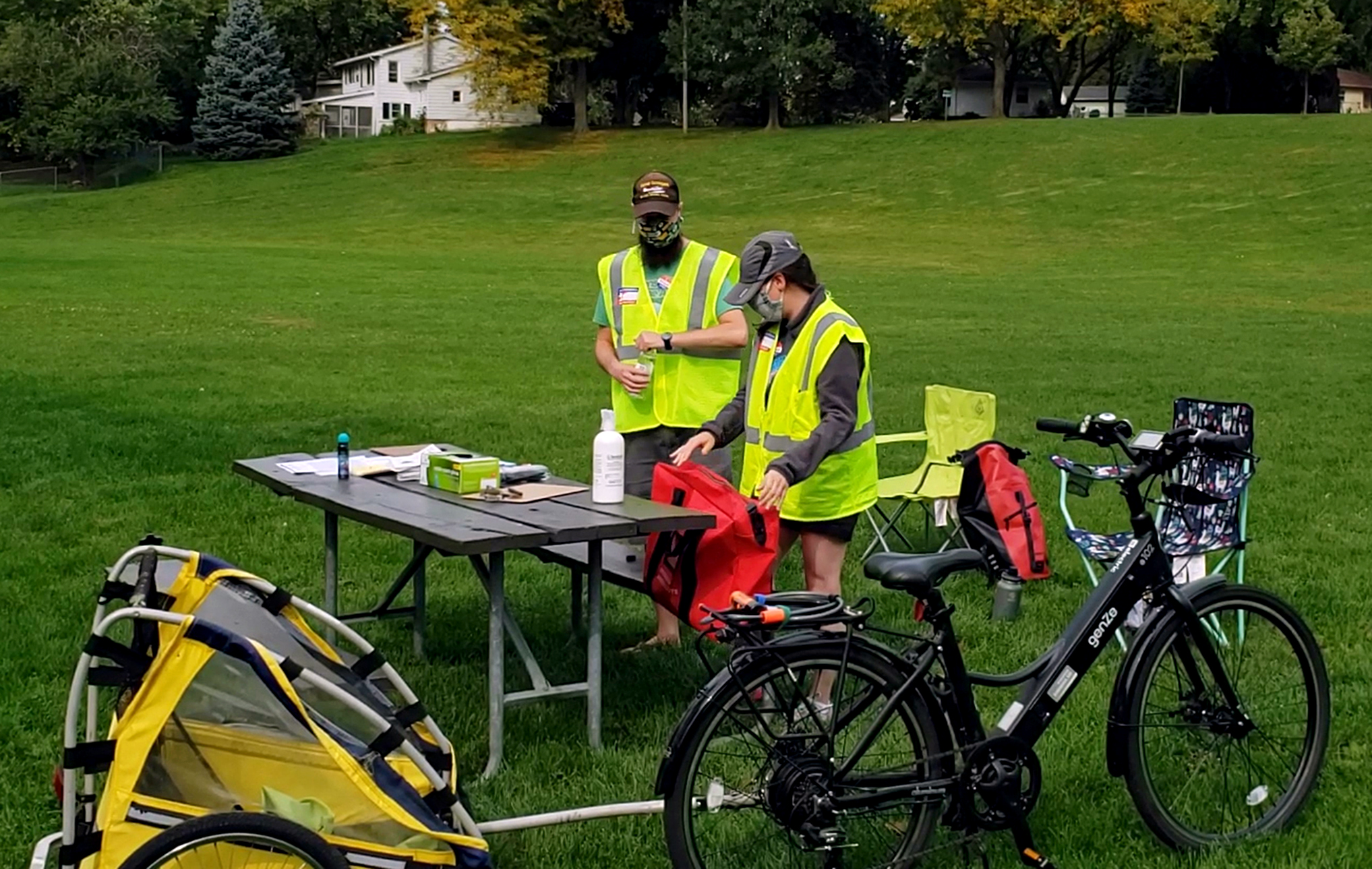
Poll workers collect absentee ballots Saturday, Sept. 26, during an event held by the City of Madison clerk’s office. Photo by Zac Shultz.
Each of the three justices in the minority wrote their own dissenting opinions. All of them criticized the majority for using the doctrine of laches, the legal argument that the Trump campaign waited too long to sue, to reject the campaign’s arguments,
None of the justices however, explicitly said whether they would have granted Trump’s requested relief and thrown out 220,000 votes in Dane and Milwaukee counties.
“Four members of this court throw the cloak of laches over numerous problems that will be repeated again and again, until this court has the courage to correct them,” Chief Justice Pat Roggensack wrote in her dissent.
Court Rules on Separate Indefinitely Defined Case
The court’s decision comes on the heels of another ruling over the use of the indefinitely confined status on absentee ballots. The designation allows those indefinitely confined to skip the photo ID requirement when requesting an absentee ballot.
The justices unanimously affirmed that voters are able to self-certify whether they are indefinitely confined or not. The court split however, on the breadth of who may consider themselves confined.
The court’s four conservative justices ruled on a narrow interpretation of the statute, finding that only voters who are confined can use the status, while the court’s liberal justices opted to leave that question untouched.
“[Disability Rights Wisconsin]’s interpretation would have us read the statute as: ‘An elector who is indefinitely confined because of [the elector’s or another’s] age, physical illness or infirmity…’ The underlined portion in the previous sentence does not exist, and as we already explained, we will not add words the legislature did not employ,” Roggensack wrote in the majority opinion.
Liberal justice Ann Walsh Bradley argued in a partial dissent that this could force caretakers, who are unable to submit a photo ID with an absentee ballot request, into a choice over whether to vote or keep those who they care for safe.
“To force such a Hobson’s choice is inconsistent with our understanding of the right to vote as a ‘sacred right of the highest character,’” she wrote.
“The ability to exercise the fundamental right to vote should not be imperiled by a loved one’s frail health, and it should not be contingent on one’s access to the necessary technology to make a photocopy of a photo identification.”
This story is developing and will be updated.
 Passport
Passport





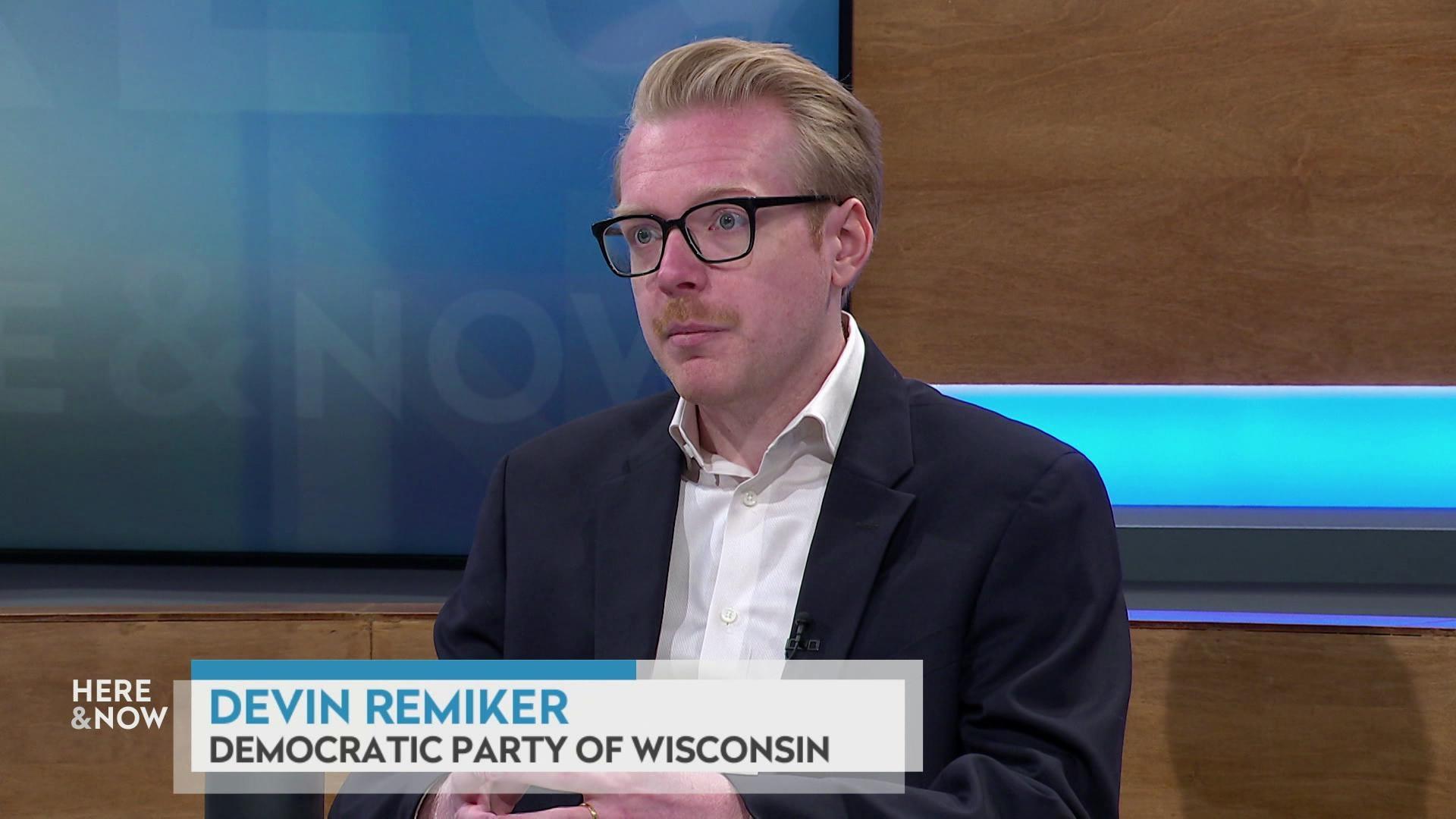
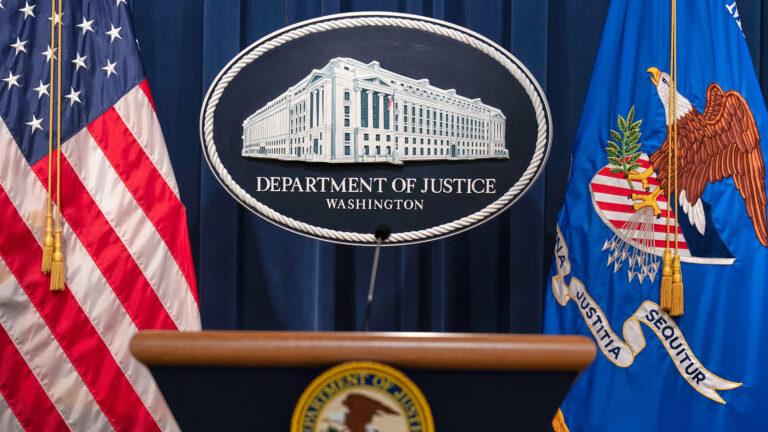
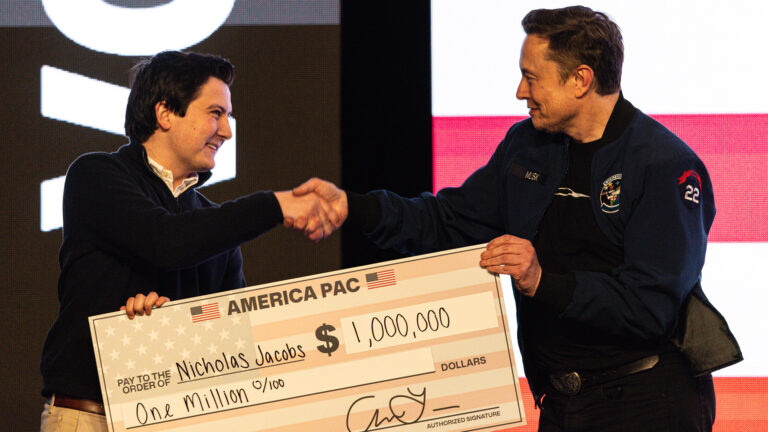
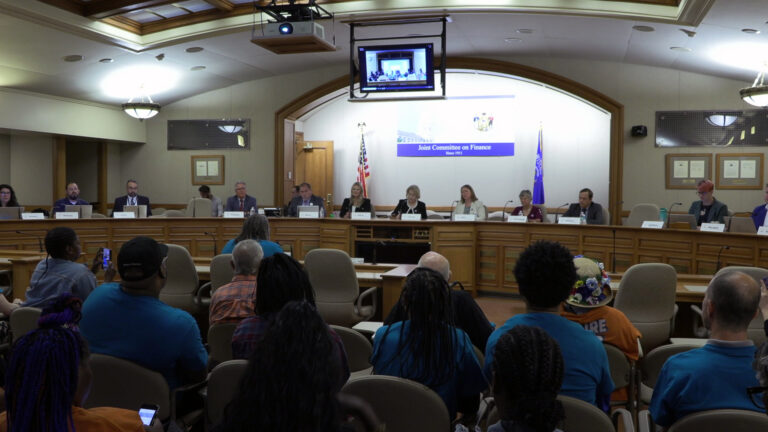
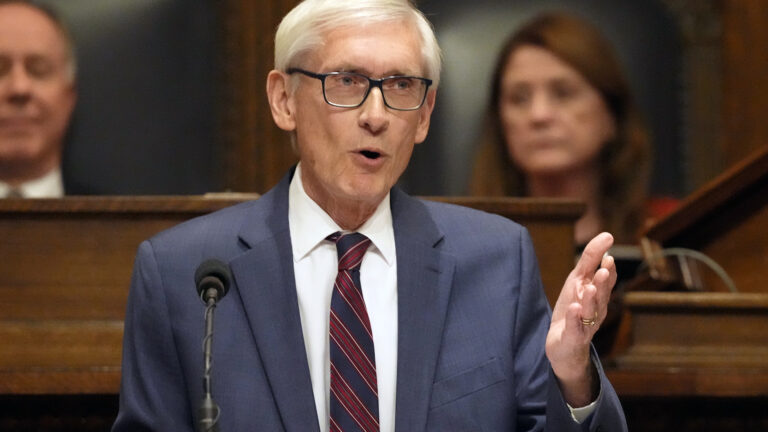

Follow Us